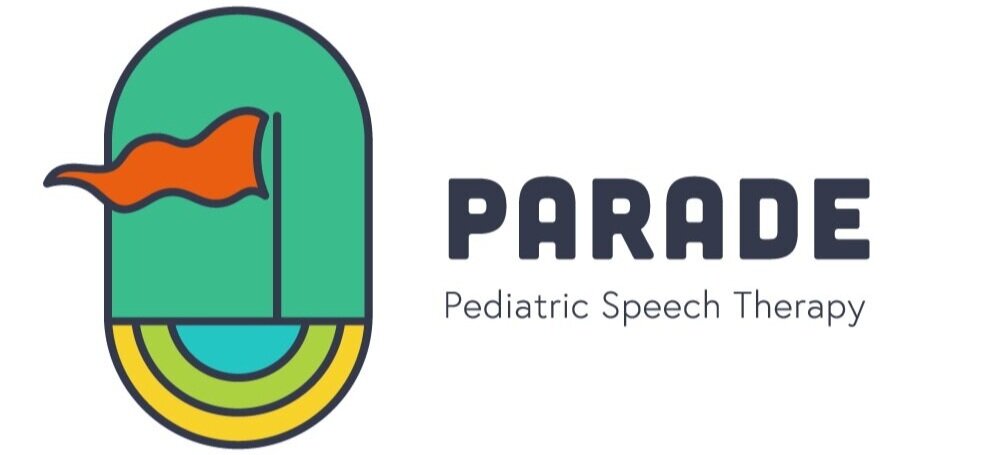What is neurodiversity affirming speech therapy? What makes my approach different from traditional speech therapy? My approach does not pathologize the way your neurodivergent child communicates, plays, or interacts with others. My approach focuses on understanding the way your child’s brain works and supporting your child to communicate their thoughts and ideas to others in a way that is most authentic and comfortable to them at any given time. For more on the neurodiversity movement, check out this blog post I wrote a few years ago.
Things that I believe as a neurodiversity-affirming, strengths-based speech therapist:
I believe that the most important component of successful speech therapy is a trusting, connected relationship.
My priority is to create a safe, trusting relationship where your child can truly be themselves without judgement. I do not believe in compliance-based therapy or methods. I lean into your child’s interests and motivations to support authentic communication. I try my best to understand your child’s perspective and where they are coming from, what they’ve been through, and what would be most supportive to them at this point in their journey.
I believe that having a brain that works differently is not wrong.
Your child’s brain may be different from what our society considers neurotypical. I firmly believe that having a brain that works differently is not wrong and that the end goal of speech therapy should not be to try to “fix” the way your child plays, thinks, learns or interacts with others. This is not to say that your child won’t have challenges living in a society that is not built for the way their brain works. I believe that my role in speech therapy is to find out how your child learns and educate myself on the best ways to support their communication so that they can fully express themselves.
I believe it’s important to know what your child can do well already and help them build new skills from their current strengths.
Instead of focusing on your child’s deficits and what they can’t do, I focus on what they can do, and build from there. By knowing your child’s strengths and abilities, we can develop strategies to help further learning in a way that resonates with and interests your child. I believe it’s important for your child to experience joy and connection while building communication skills authentically.
I believe that collaboration is key.
I believe that I am a part of you and your child’s team. I respect your child’s experiences in life so far, and your experiences as a parent. I am continually learning from my clients. Let’s collaborate on supporting your child’s authentic communication together.
I believe in bodily autonomy.
I do not support others to physically move your child’s hands or body without their consent. I do not support “hand over hand” assistance in which an adult puts their hand on top of a child’s hand to guide them where they want it to go. No matter their age or whether they are speaking or non-speaking, all clients have a right to make decisions about their own bodies. I encourage all children to learn how to advocate for their own bodily autonomy and safety around others.
My Training on Neurodiversity Affirming Care
The Learn Play Thrive Approach to Autism
Goal Writing for Autistic Students: A Neurodiversity-Affirming Approach
Neurodiversity: How to Support Agency and Self-Determination
Cultivating an Anti-Ableist Practice
Authentic AAC: Implementing Communication Systems for Autonomy and Connection
Gestalt Language Processing from Meaningful Speech
AAC for Gestalt Language Processors from Meaningful Speech
Let’s UNMASC: Understanding the Needs and Motivations of Autistic Social Communication
Currently participating in the Learn Play Thrive Podcast Study Group
Resources
Here are some resources that feature the voices of autistic adults.
Neuroclastic
Autism Self Advocacy Network
Rachel Dorsey, Autistic SLP

